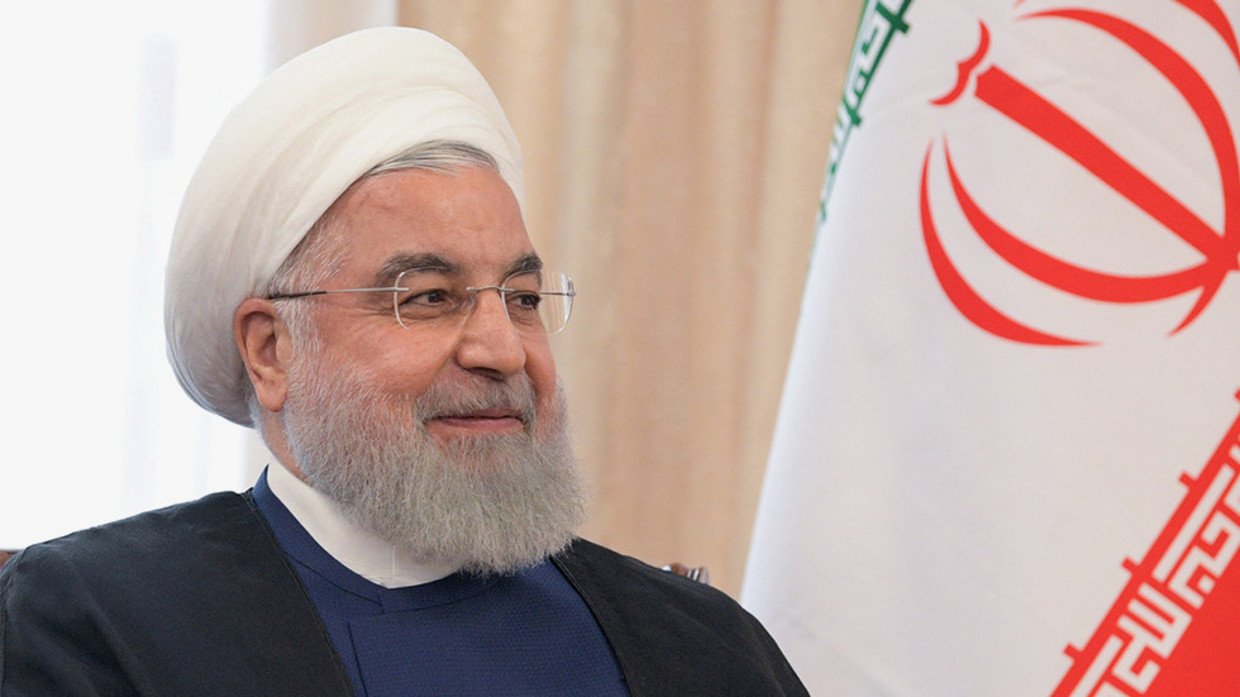Iranian President Hassan Rouhani said the United States has fueled terrorism in the Middle East, slamming US policies for spreading chaos and radicalism across the region.
Joining Fox’s Chris Wallace for an interview that ran on Tuesday night, Rouhani rejected any notion that Iran was on a “fanatical” quest for nuclear weapons – as his American counterpart claimed in a speech earlier in the day – and countered that Washington was instead the major troublemaker in the Middle East.
“Today, America, unfortunately, is the supporter of terrorism in our region – and wherever America has gone, terrorism has expanded in the wake,” Rouhani said, pointing to US intervention in Syria as a case-in-point.
The country that is present and flying over the air space of and bombarding the soil of the country of Syria without permission of the government is the United States of America.
Rouhani added that American sanctions on Iran also qualified as a form of terrorism, pointing out their ill effects on the country’s healthcare system and medicine costs. He said sanctions relief remained a hard precondition before Tehran would even consider coming to the table for talks.
“If there is a cessation to [the sanctions], then the atmosphere will change,” the president said.
Also on rt.com US arms ended up with Al-Nusra jihadists in Syria, says weapons dealmakerDespite US President Donald Trump signaling a desire to end the American military presence in Syria, Washington continues to conduct operations there expressly against the wishes of its government. For years under the Barack Obama administration, the US also poured hundreds of millions of dollars in weapons and other aid into Syria’s rebel opposition, flooding the country with arms and prolonging the bloody conflict.
US meddling elsewhere – from North Africa to Central Asia – has also helped to blast open the floodgates of violence and extremism. After nearly two decades of war in Afghanistan, militant groups hold more territory there than ever before, launching regular attacks on US and Afghan forces. Meanwhile in Libya, fallout from the US-led NATO operation that overthrew leader Muammar Gaddafi in 2011 continues to tear the country apart, with multiple statelets warring for control and legitimacy.
Also on rt.com All options on the table, but let’s avoid war? Saudis considering military retaliation for oil attacksTensions have soared between Washington and Tehran since last year, when President Trump withdrew the United States from its end of a nuclear accord signed between Iran and world powers, and re-imposed a raft of crippling sanctions on the country’s economy. A number of incidents around the Persian Gulf – including “sabotage” on tanker vessels, the shootdown of a US spy drone, and attacks on Saudi oil infrastructure – have been pinned on Iran, holding hostilities at their current high point.
If you like this story, share it with a friend!

